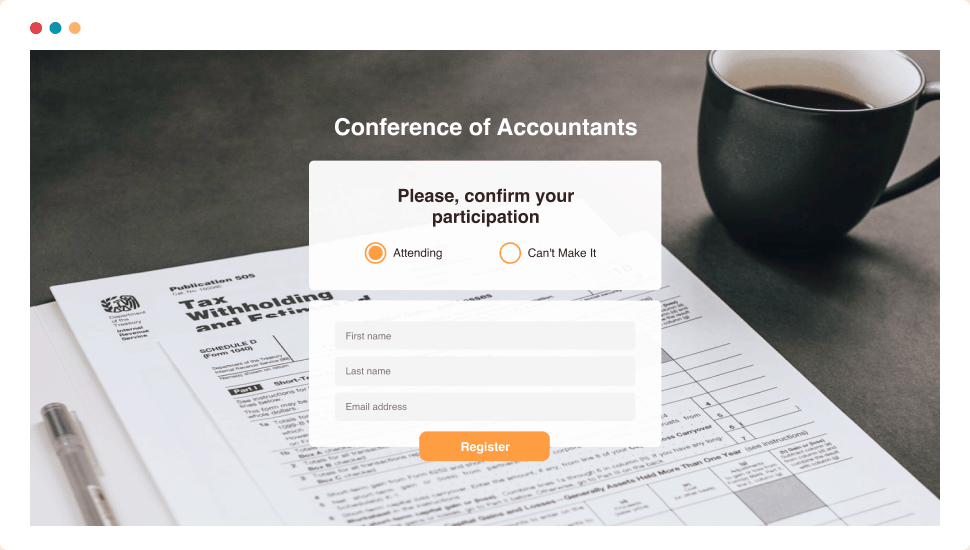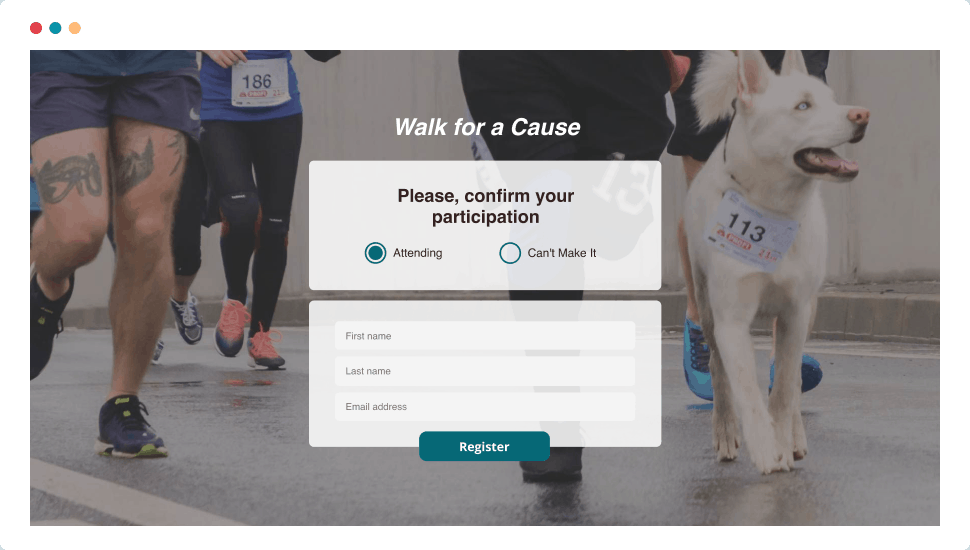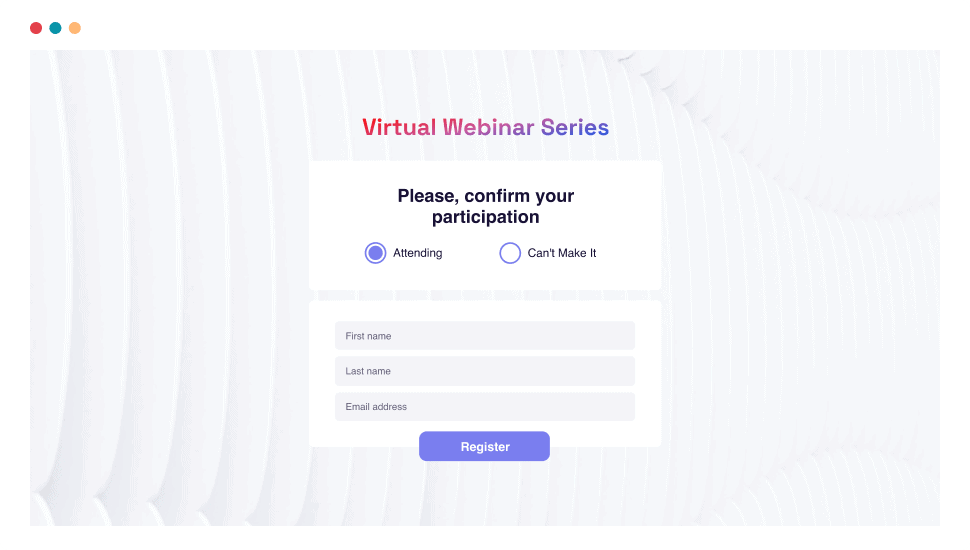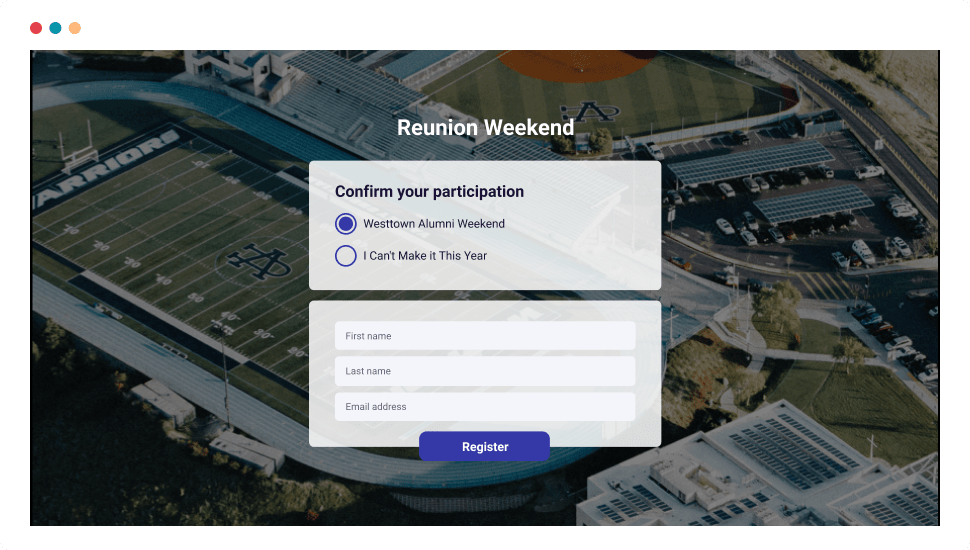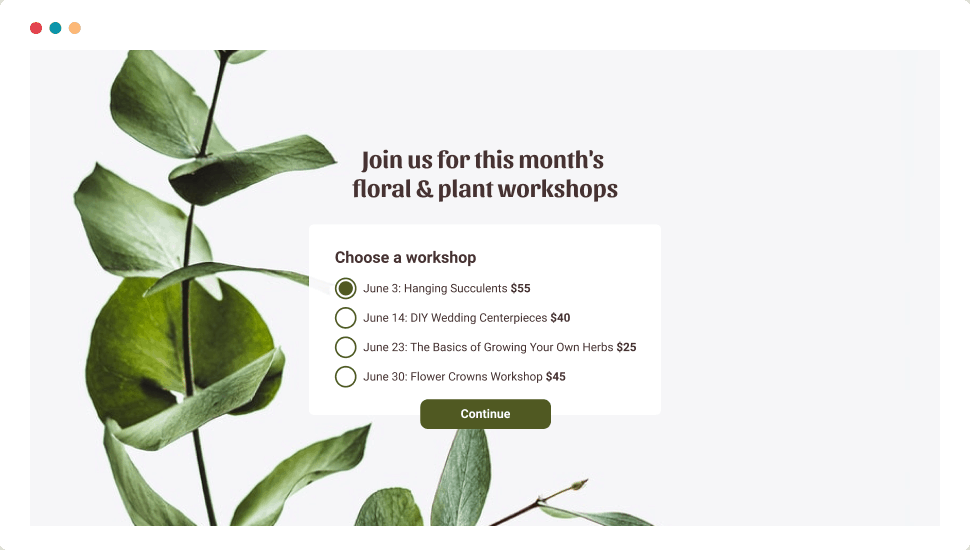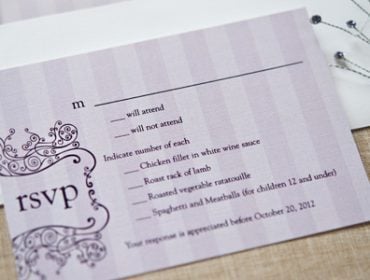
Event Management Software
Powerful event software tailor-made to easily organize any and all event types

Event management software with every feature you need for successful end-to-end event planning
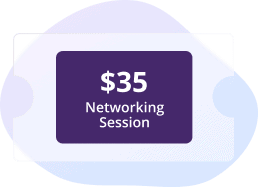
Free or Paid Registrations
Process payment and event registration, or accept registrations for free events. Collect donations, too!

Open or Exclusive
Event registration available to anyone with your link or to an exclusive guest list only.
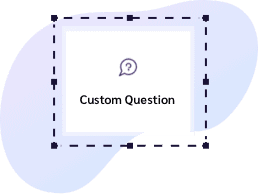
Collect Custom Data
Gather all the information you need from attendees to streamline event management.
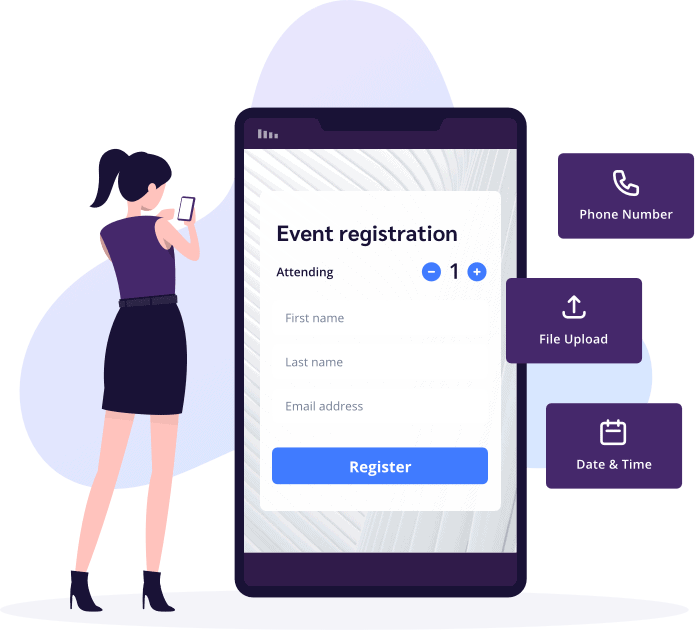
Everything you need
Event management suite
- Create a full event website or registration only
- Manage & track multiple sessions or secondary events
- Automated confirmation & reminder emails
- Personalized custom data collection
- Guest list management
- Email invitations, communications, and blasts
- And so much more!
Embed Your Registration
Embed your event registration form on another website. We make event management easy.
Secure, Ad-Free, & Private
RSVPify doesn't advertise to guests or share your information.
Loved by Guests
Effortless event registration with built-in calendar reminders and email confirmations.
Data Import/Export
Easily import and export guest lists and registration data. Export filtered reports.
Calendar Invitations
Send automated registration confirmation emails with calendar invitation.
Easy to Share
Invite guests to register by email, or include your RSVPify event link anywhere.

RSVPify's event manager app is perfect for any event type

Check-in guests at the door by scanning a QR code or entering a guest name or confirmation number
With realtime syncing across devices, it’s easy for multiple event staff to quickly check in guests as they arrive at your event.
No need for fancy scanners or hardware. RSVPify’s guest check in app works with nearly any device.
Collect event registrations with RSVPify, or upload any guest list to use our check in software and tools.
Everything you need from your event software to make event management efficient and hassle-free.
